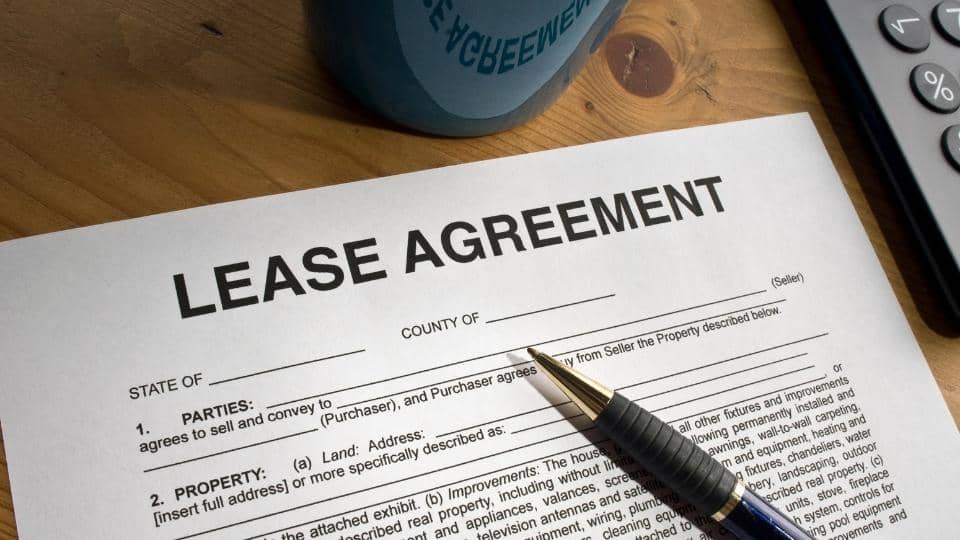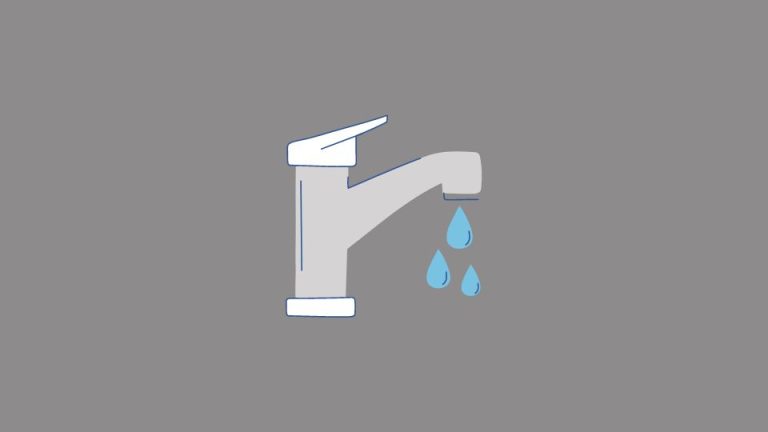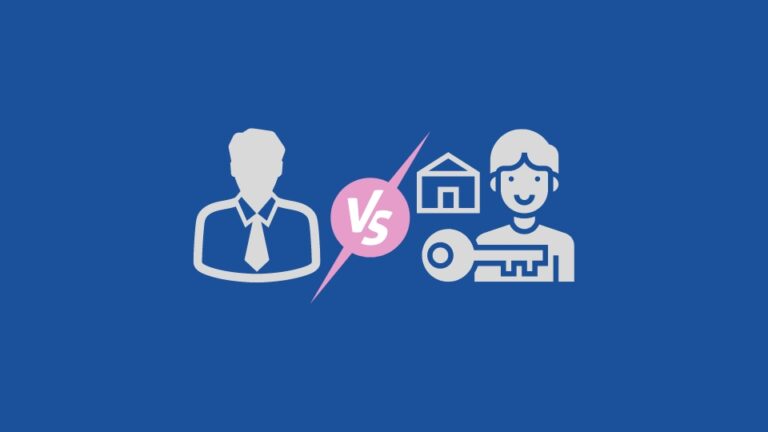Can Landlord Change Locks After 3-Day Notice?
If you’re a tenant, you may wonder if your landlord can change the locks on your door after giving you a three-day notice.
The answer to this question is not as straightforward as you might think. In some cases, landlords may be able to change the locks without obtaining a court order.
However, there are also many instances where they would need to go through the courts in order to make this change. Keep reading for more information on when landlords can and cannot change the locks on tenant doors.
Can Landlords Change Locks After 3 Days of Notice?
Landlords can not change the locks after three days of notice, and they may be held responsible for three times the rent if the tenant takes legal action.
If the tenant does not leave after the landlord has given them notice, they can go to court and ask a judge to evict them. The tenant has five days to respond in writing by paying any disputed money into court, or they will lose by default.
The laws regulating a three-day notice and subsequent eviction petition are very specific, so it is advisable that you seek professional counsel before taking any action.
In What Circumstances Landlords Can Change Locks?
In some circumstances, a landlord can change the locks without needing to go to court. These include:
When a tenant moves out

If a tenant moves out of their rental unit, the landlord can change the locks without going to court. The tenant has given up their right to occupy the unit by moving out.
When a tenant abandons the property
If a tenant abandons the property, the landlord can change the locks without going to court. This is because the tenant has abandoned the unit and has the right to occupy it.
When a lease is terminated

If a lease is terminated, either by the landlord or the tenant, the landlord can change the locks without needing to go to court. This is because the tenant no longer has a right to occupy the unit once the lease is terminated.
When a tenant is evicted
If a court order evicts a tenant, the landlord can change the locks without needing to go to court. This is because the eviction order gives the landlord the right to take possession of the unit and change the locks.
What to Do if a Landlord Changes Lock without Your Consent?
If your landlord changes the locks on your door without your consent, you should contact a lawyer immediately. You may have legal options, such as filing a complaint with the city or taking the landlord to court.
You should also make sure to document everything that happens, including photos of the new locks and any damage done to your door. This will be important evidence if you take legal action against your landlord.
Can the landlord lock the tenant for not paying rent?
Yes, but they can only do so under limited circumstances. They cannot lock tenants permanently for a variety of reasons. Locking a tenant out is not a substitute for the eviction process.
A landlord can only temporarily lock a tenant out of the rental if one of the following occurs:
- A lease includes a clause that allows for it– In some cases, a landlord and tenant will agree to a clause in the lease that permits the landlord to lock out a tenant for a specific reason, such as not paying rent.
- If the tenant is late in any way with their rent- If the tenant is late in paying their rent, the landlord can temporarily lock them out until they catch up on their payments.
- If no one is at home- If the landlord comes to the rental unit and no one is home, they can temporarily lock the property.
Note: The details about when a landlord can change the locks on a tenant are located in Texas Property Code 92.0081.
What Happens if a Landlord Wrongfully Locks a Tenant Out?
If a landlord breaks any of the laws in Section 92.0081 of the Property Code about lockouts, then the tenant has a few options:
- If a tenant is unlawfully evicted, they have the option to file for a writ of reentry with the justice court. This will require the landlord to let them back into their rental property.
- If the landlord breaks the law, the tenant can sue them. They might get one month’s rent, $1,000 cash compensation, court costs, damages sustained, and attorney’s fees.
You may also like: Can a Landlord Refuse an Option to Renew?
The Bottom Line
Landlords can change locks after a three-day notice under specific circumstances if the tenant is late in rent, if no one is home, or if there is a clause in the lease permitting it. If a landlord breaks any of the laws related to lockouts, tenants have rights and remedies available to them.






